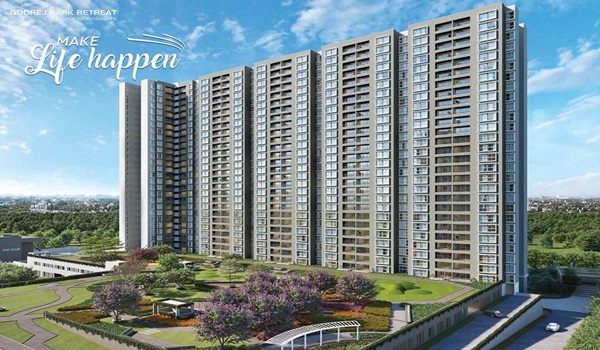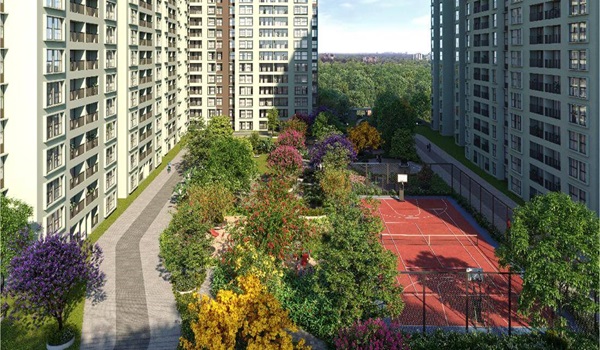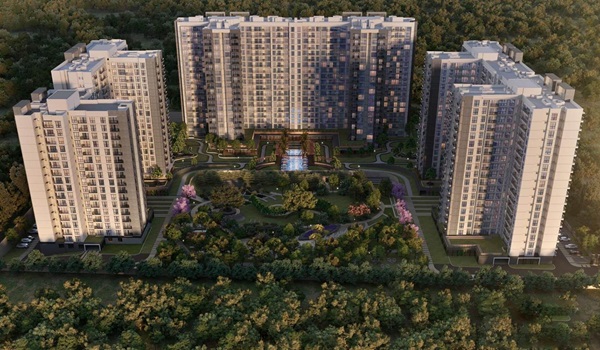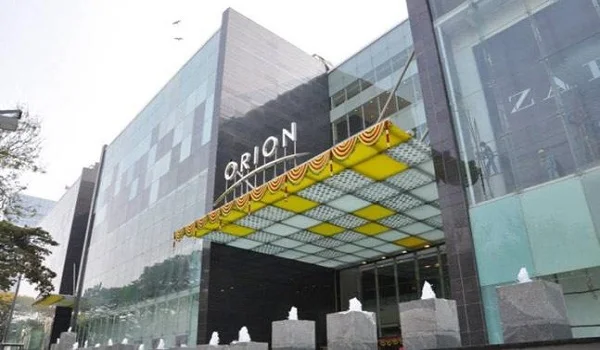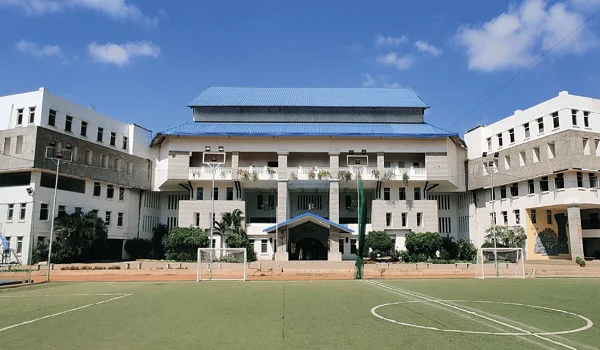Peenya
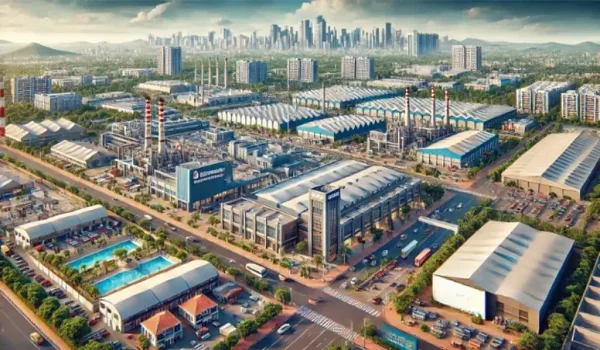
Peenya, often recognized as the heartbeat of Bengaluru's industrial landscape, is far more than just factories and warehouses. Located in the northwestern part of the city, this sprawling area is a vibrant mix of commerce, daily life, and strategic connectivity, making it a pivotal hub in Karnataka.
Peenya's Roots: How did the area get its name?
The name "Peenya" is synonymous with its primary identity: the Peenya Industrial Area. While the specific etymology of the word "Peenya" itself is not extensively documented from ancient history, it is widely understood that the area gained prominence and its current name with the establishment of one of Asia's largest industrial estates here. This development transformed what might have been agricultural land or a small village into the industrial powerhouse it is today, solidifying "Peenya" as its identity.
The Powerhouse: Peenya Industrial Area

At its core, Peenya Industrial Area is a massive expanse that has fueled Bengaluru's growth for decades. It is segmented into various phases and stages:
- Peenya 1st Stage and Peenya 2nd Stage are well-established parts of this industrial zone, bustling with activity. The broader area also includes regions like Peenya Industrial Area Phase IV, which is located in the western part of Bangalore, near Rajagopala Nagar, Peenya, and Peenya Industrial Area 2nd stage.
- Industries in Peenya: This area is home to thousands of manufacturing companies in Bangalore Peenya, ranging from small-scale enterprises (often referred to as Peenya small industries) to large-scale operations. You'll find a diverse range of sectors, including engineering, machinery, textiles, electronics, plastics, and more.
- Notable Manufacturing Companies/Industries: Dynamatic Technologies Limited, ACE Manufacturing Systems Ltd, Ace Designers Limited, Unimech Aerospace & Manufacturing Limited, SOLIDEX MANUFACTURING COMPANY, Ace Inotec Manufacturing Pvt. Ltd.
- Broader Peenya Company List: Kirloskar Electric, Ajax Engineering, Yuken India Limited, Voltas Limited, Glastronix, Srinivasa Industries (Gears), Care Tech Life Science Private Limited, Syed Nooruddin & Sons.
- MNC company jobs in Peenya Industrial Area are also available, showcasing its economic significance and diverse employment opportunities.
Getting Around: Peenya's Excellent Connectivity

Peenya boasts robust transportation links, making it easily accessible from various parts of Bengaluru and beyond.
Peenya Metro Station (Peenya Industry): The Peenya metro station name is Peenya Industry. It is an elevated station on the Green Line of Namma Metro, offering rapid transit across the city.
- Operating Hours: The Peenya Industry metro station operates daily until 11:00 PM. On weekdays, services commence at 5:00 AM, while on Sundays and public holidays, trains begin running from 7:00 AM
- First/Last Train: The first train from Peenya Industry is at 5:50 AM towards Madavara (BIEC) and 5:12 AM towards Silk Institute. The last train from Peenya Industry is at 11:55 PM towards Madavara (BIEC).
- Frequency: During peak hours, the frequency of trains is typically every 7-10 minutes.
- Peenya Metro Station Parking: Located at 44, Peenya, Yeswanthpur, Bengaluru, Karnataka 562162, the station offers parking facilities.
- Two-wheelers: ₹15 for 1, 2, or 4 hours; ₹5 for every additional hour.
- Four-wheelers: ₹30 for 1, 2, or 4 hours; ₹10 for every additional hour.
BMTC Bus Services: Peenya is well-served by Bangalore Metropolitan Transport Corporation (BMTC) buses.
- Peenya Bus Stops: Key stops include Peenya bus stop - BMTC, Peenya 1st Stage bus stop, and Peenya 2nd Stage bus stop. The BMTC Depot No 22 is also located in Peenya Industrial Area.
- Peenya Satellite Bus Station (Basaveshwara Bus Station): This is a significant bus station, notably on route 401C, which travels to Gottigere and other stops.
- Peenya Bus Numbers & Routes:
- Jalahalli Cross to Peenya 2nd Stage: The distance is approximately 4.6 KM. Common bus numbers include: 248, 248B, 248C, 248D, 248G, 248J, 248N, 248P, 248PS, 248T, 248V, 248Z, 252, 252A, 252C, 252F, 252L, 265-A, 265-E, 401-A, 410-AB, 502-H, 273. Buses start at 4:04 AM, with a frequency of 15-30 minutes.
- Peenya to Majestic (Kempegowda Bus Station): The distance is about 8 km. Bus route 252 runs frequently (every 10 minutes). Other good options include 252F and 265.
- Majestic to Peenya 2nd Stage bus number: Key routes include 252, 252F, 265, and 273.
- Peenya to Manyata Tech Park: The distance is around 14 km. Bus routes like 415E, 415H, 500-BA, 507C, and 507D serve this route.
- Peenya to Airport Bus Timings: While direct Vayu Vajra (airport bus) services might not depart from every specific point in Peenya, you can often take a BMTC bus (e.g., Route 401-AM connects Peenya 2nd Stage to Jalahalli) and then transfer to an airport-bound bus from major junctions like Jalahalli, Yeshwanthpur, or Kempegowda Bus Station (KBS). Buses from Kempegowda Bus Station to KIA run approximately every 30 minutes.
Road Network & Distances: Peenya is strategically located with excellent road access.
- How to reach Peenya from Majestic: Approximately 10-12 kilometers. The Metro Green Line is often the fastest.
- How to reach Peenya from Godrej Yeshwanthpur: This is a very close commute, approximately 2 km via Nelamangala - Majestic Service Road.
- Peenya to Yeshwantpur Railway Station: Approximately 6.7 km, easily accessible by local transport.
- Peenya to Yelahanka distance: Around 18 km.
- Peenya to Airport distance: Approximately 34 km, with travel time around 52 minutes depending on traffic.
Essential Services & Amenities

Peenya is a self-sufficient locality with all necessary services.
Hospitals in Yeshwanthpur: The area is home to several leading healthcare institutions.
- Peenya Police Station: The local Peenya Police Station ensures safety and law enforcement in the area.
- Pincode & Post Office: The primary pincode for Peenya 1st Stage and the broader Peenya Industrial Area is 560058. The Peenya 1st Stage Post Office address is Netaji Nagar, Peenya, Bengaluru, Karnataka 560058. The Peenya 2nd Stage pincode is also typically 560058.
Healthcare Facilities

Access to medical care is well-provided in and around Peenya.
Hospitals near Peenya:
- ESIC Hospital Peenya: An Employees' State Insurance Corporation hospital, primarily serving insured workers.
- Ravi Kirloskar Memorial Hospital: A well-known hospital providing medical services.
- People Tree Hospital Peenya: A multi-specialty hospital offering a comprehensive range of medical services.
Educational Institutions

Peenya also has educational facilities for the local community.
- Acharya Institute of Management and Sciences Peenya: A reputed institution offering various courses.
- SRS Government Pre-University College in Peenya: Provides pre-university education.
- Vidya Soudha Public School Peenya: A private school catering to primary and secondary education.
- PES School: PES Institutions have a significant presence in Bengaluru, with campuses near or accessible from Peenya.
Travel and Logistics Services

Given its industrial nature, Peenya is a major hub for logistics.
- VRL Logistics Peenya (VRL Travels Peenya): A prominent name in the logistics sector, VRL has a significant presence in Peenya, providing parcel booking, goods transportation, and supply chain solutions.
- SRS Travels Peenya: Another well-known travel and logistics service provider with operations in the Peenya area, offering both passenger and cargo services.
Peenya is a testament to Bengaluru's economic might, balancing its industrial significance with the needs of a growing urban population. Its strategic location, robust connectivity, and comprehensive amenities make it a vital part of the city's dynamic landscape.
